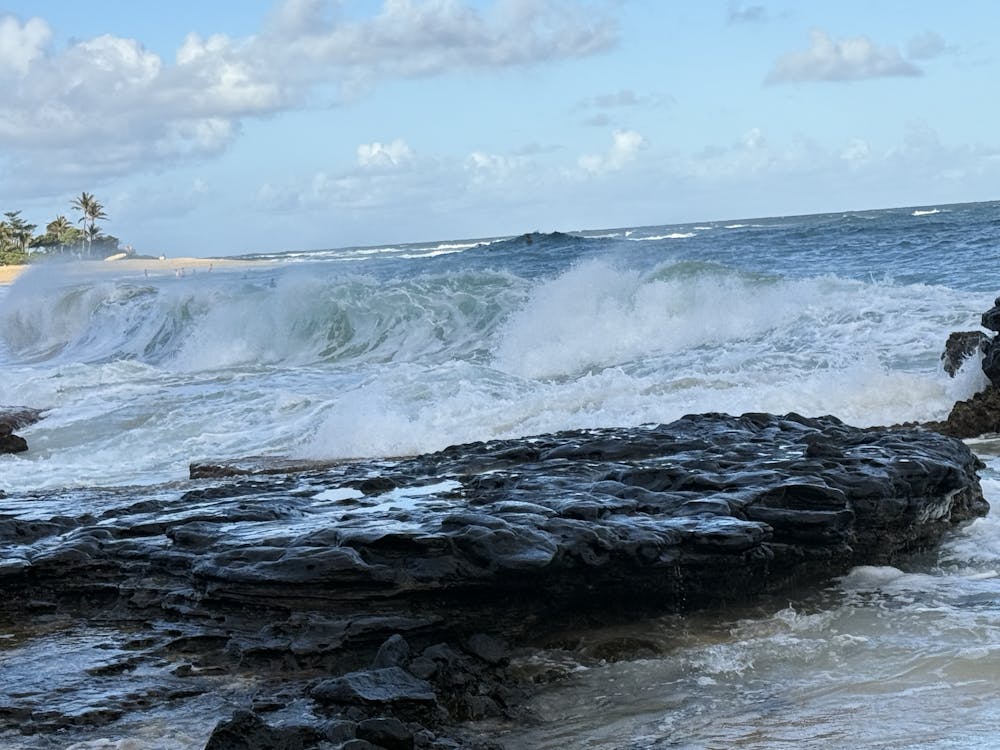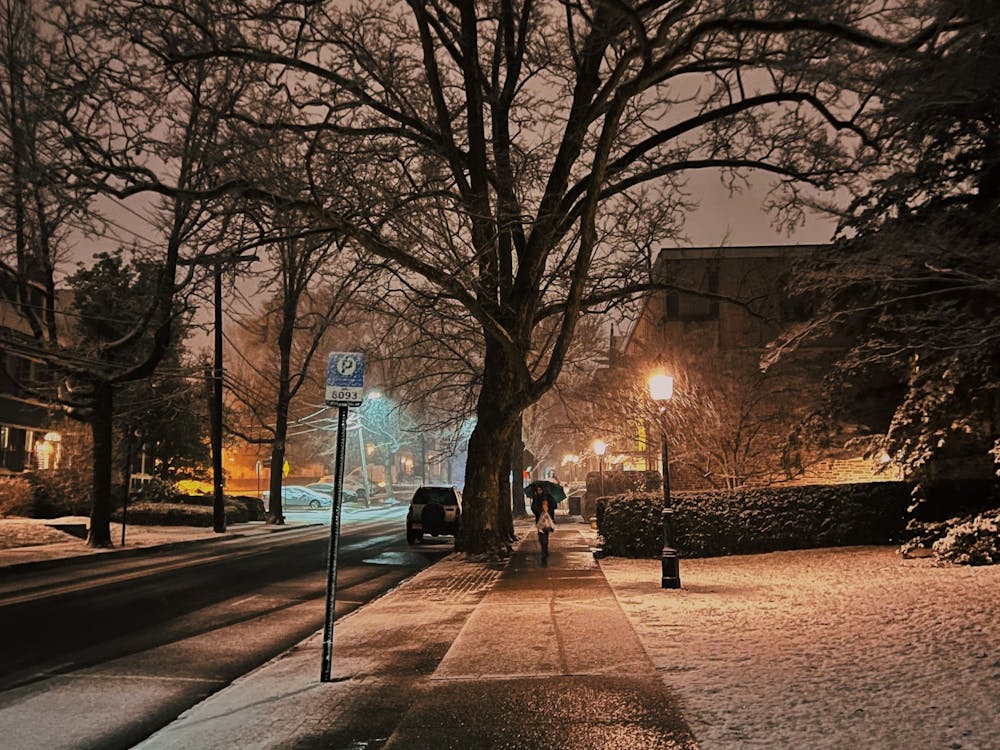Writing this article with the Honolulu skyline in the background, I have two reasons to be content. Not only do I have a beautiful view in front of me, but I have also gained research insights that strengthened both my housing policy interests and my goal of becoming an attorney.
From the beginning of June to mid-August, I am interning at the Hawai’i Appleseed Center for Law and Economic Justice, a nonprofit organization that advocates for housing, transportation, food equity, and tax equality in Hawai’i through qualitative and quantitative research, community conversations, and drafting legislation. Specifically, I am researching for the Housing Policy team, focusing on two key areas: Community Land Trusts (CLTs) and Climate Change Housing Insurance.
As plots of land held by non-profit organizations for the purpose of providing cheap leases, CLTs result in family home ownership, sales significantly under market price, and increased stability for inhabitants. Meanwhile, the Climate Change Housing Insurance project revolves around insurance company claim modifications after natural disasters.
The CLT project implements a qualitative research strategy with interviews as the predominant form of collection; by summer’s end, I will have interviewed over a dozen CLT leaders. Thus far, my most influential interview experiences have been with Hawai’i Land Trust (HILT), Nā Hale o Maui, and Trust for Public Land - Hawai’i, as learning about their experiences with legal and real estate councils on land acquisition have further driven my curiosity. The project’s end goal is to increase the accessibility of CLTs to nonprofits such that they too can create them for their communities and encourage increased availability of affordable housing units.
One such interview that deeply influenced my outlook on Hawai’i housing was with Nā Hale o Maui’s Executive Director. She was a teacher for decades, and explained that Hawai’i had to fly in staff from the Philippines because of massive attrition to higher-paying states. She said that after decades of teaching and winning accolades for her education methods, her annual salary was shockingly low compared to every other state in the U.S. As a result, she turned to Nā Hale o Maui and is now a homeowner of one of their homes, with the land trust allowing her and her family to have housing security.
I am also researching climate change insurance policies at Hawai’i Appleseed. For this project, I have been conducting a literature review of coinsurance companies and how climate natural disasters impacted their policies. This research outlines the effects of natural disasters on the insurance market, its regulatory response as a market, and data about the disaster itself.
Additionally, the project sponsored the creation of a contacts list for my organization to potentially interview about climate change’s impact on insurance policies, including individuals involved with State Farm’s lack of renewal of 72,000 of claims in Los Angeles. Moreover, the document outlines avenues for future research as well as a literature review of scholarly articles detailing the shifts and effects of climate change on insurance policies and companies. Through this project, I realized the extent to which insurance losses affect local economic markets. For example, an estimated 95,000 people lost their jobs from Hurricane Katrina due to the approximately $161,000,000 in damages in New Orleans.
I am beyond fortunate and excited to spend my summer here in Honolulu and participate in these endeavors. This summer will certainly be one to remember.

As I sign off of this article, I am headed to either visit Makapu’u Beach with the largest waves I have ever seen or hike Mt. Olomana (Three Peaks) here on ‘Oahu. Mahalo for following along!
Isaac Bernstein is a staff News writer for the ‘Prince.’ From Pittsburgh, Penn., he often covers academic departments, faculty research, and alumni news.
Please send any corrections to corrections[at]dailyprincetonian.com









